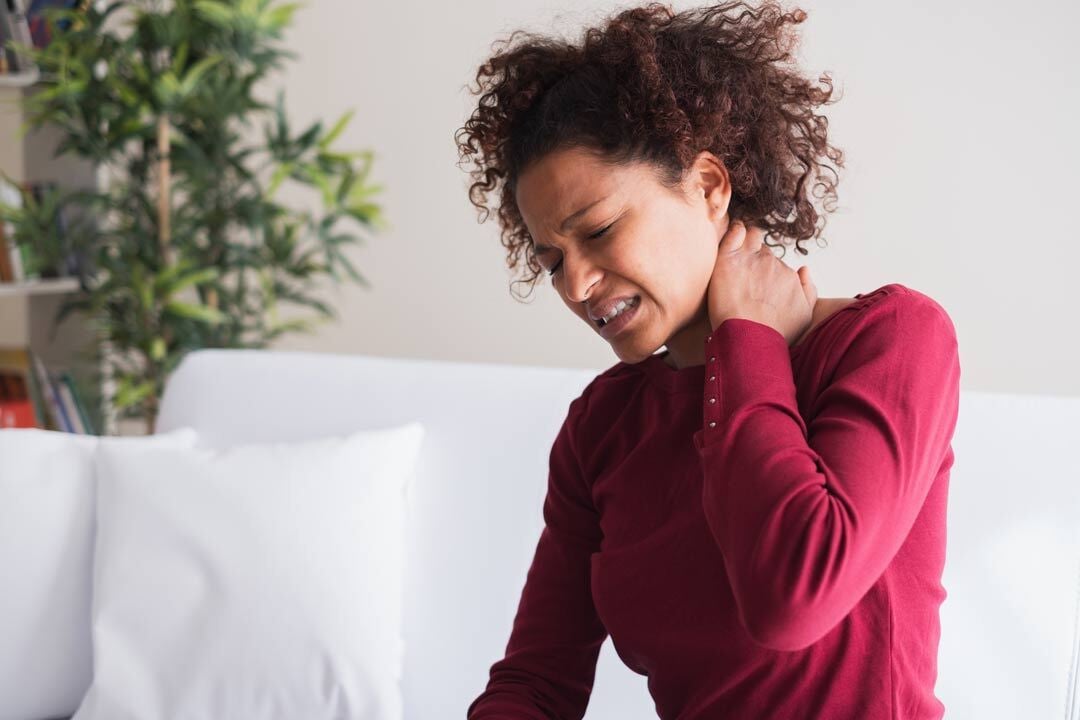Testicular pain can range from mild discomfort to severe and debilitating. While occasional brief pain in the testicles may not be cause for concern, ongoing or severe testicular pain requires medical evaluation to determine the underlying cause and get appropriate treatment.
What Causes Testicular Pain?
There are numerous potential testicular pain causes, ranging from acute injuries and infections to chronic conditions. Some of the most common include:
- Testicular torsion: This occurs when the testicle becomes twisted, cutting off its blood supply. It is a medical emergency that requires immediate treatment to save the testicle.
- Epididymitis is an infection of the epididymis, a tube at the back of the testicle that stores and transports sperm. Bacterial or viral infections can cause epididymitis, which causes swelling, redness, and pain.
- Orchitis: This condition involves inflammation of one or both testicles, often resulting from mumps or other viral infections. Orchitis can cause severe pain and swelling.
- Testicular trauma or injury: Any direct blow or impact to the testicles can cause bruising, swelling, and intense pain. Testicular injuries require evaluation to check for ruptures or fractures.
- Varicocele: This condition causes swelling and dull, aching pain due to enlarged veins in the scrotum. Varicoceles are a leading cause of low sperm production and male infertility.
- Hydrocele: Excess fluid accumulating in the thin sheath surrounding the testicle causes swelling and heaviness in the scrotum.
- Testicular cancer: While typically painless early on, testicular cancer may eventually cause dull aching, heaviness, or pain as the tumor grows.
Getting an accurate diagnosis is crucial, as testicular pain has many possible origins requiring different treatments.
Who Is Most at Risk for Chronic Testicular Pain
While acute testicular pain can occur in any man, certain factors put some at higher risk for developing chronic or recurring testicular discomfort. Those most susceptible include:
- Men who have had testicular trauma or injury, which can lead to epididymal cysts, scar tissue formation, and long-term pain.
- Those who have undergone testicular or groin surgery, which can cause inflammation and scar tissue buildup.
- Patients with untreated varicoceles, which increases blood pooling and can lead to a dull, achy pain that can become chronic without treatment.
- Men with frequent epididymitis or orchitis, which often results in chronic inflammatory pain and sore testicles.
- Individuals with chronic epididymal obstruction, which prevents sperm from traveling from the epididymis and can lead to the build-up of painful pressure.
When to Contact a Medical Professional
Seek prompt medical attention for testicular pain, especially if accompanied by:
- Nausea or vomiting
- Fever
- Blood in semen
- Sudden and severe pain
Delaying treatment for certain conditions like testicular torsion can quickly lead to permanent damage or loss of the testicle.
What to Expect at Your Appointment
If you experience testicular pain, it is important to first understand the cause. Be prepared to provide a detailed medical history. Once we understand what is causing your testicular pain, we can move forward with a treatment plan.
Questions our board-certified surgeons will ask:
- When did the pain start, and how severe is it?
- Is the pain constant or intermittent?
- Does anything make the pain better or worse?
- Have you experienced any trauma or injury to the area?
Tests & Procedures That May Be Performed
To diagnose chronic testicular pain, a medical professional will conduct a physical examination focusing on the scrotum and genital areas. They may also order:
- Urinalysis and urine culture
- A scrotal ultrasound or abdominal-pelvic CT scan
- A spermatic block to help determine if the problem is neurological
If conservative treatments fail, surgical treatments may be recommended for long-term testicular pain relief, including:
Ready to Address Your Testicular Pain? Connect with Our Specialists Today!
Do not let testicular pain disrupt your life. Our team of highly skilled reconstructive surgeons provides expert diagnosis and innovative treatments tailored to your needs. At The Institute, we provide hope for patients who may have previously believed they were out of options. Discover the difference that targeted treatment for testicular pain can make.



